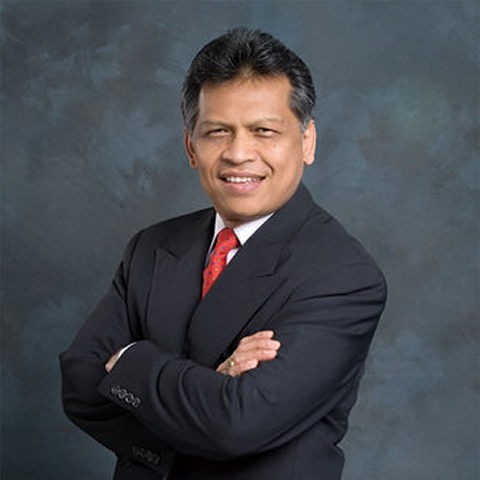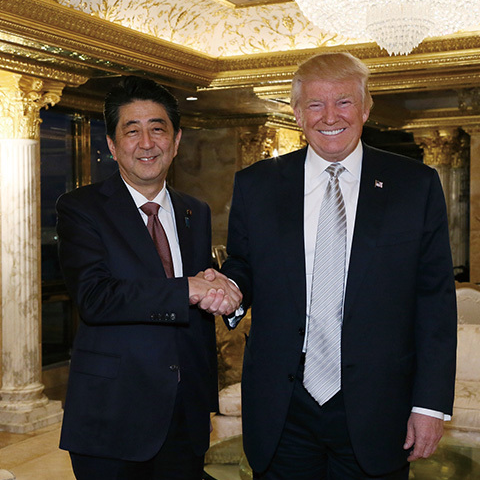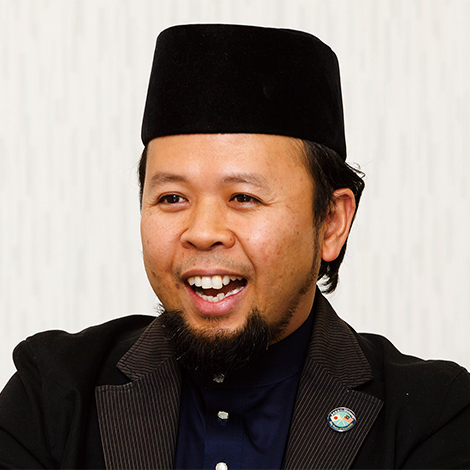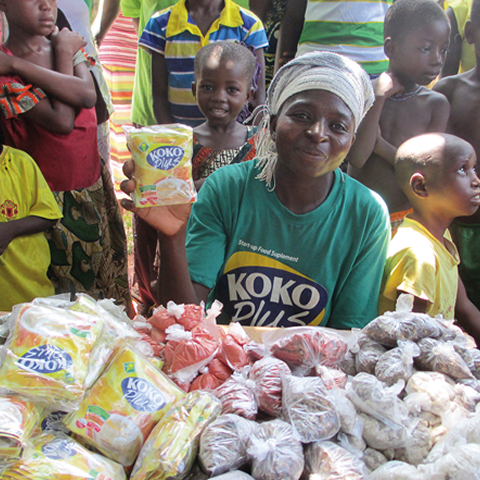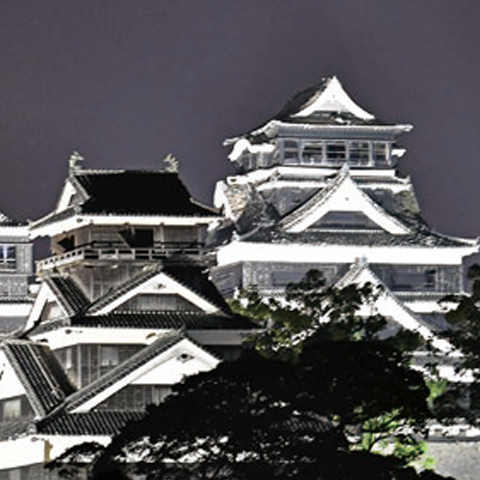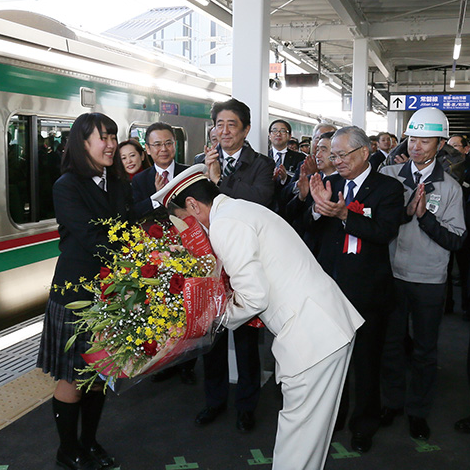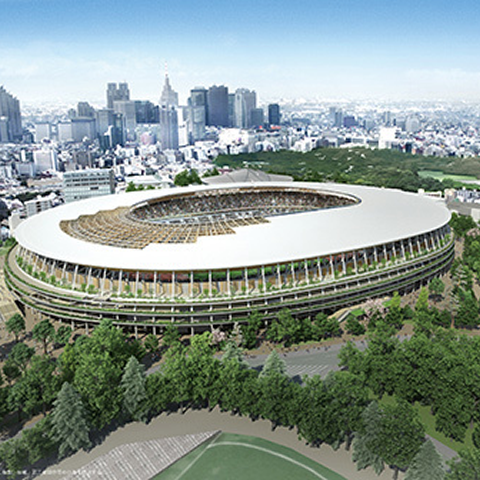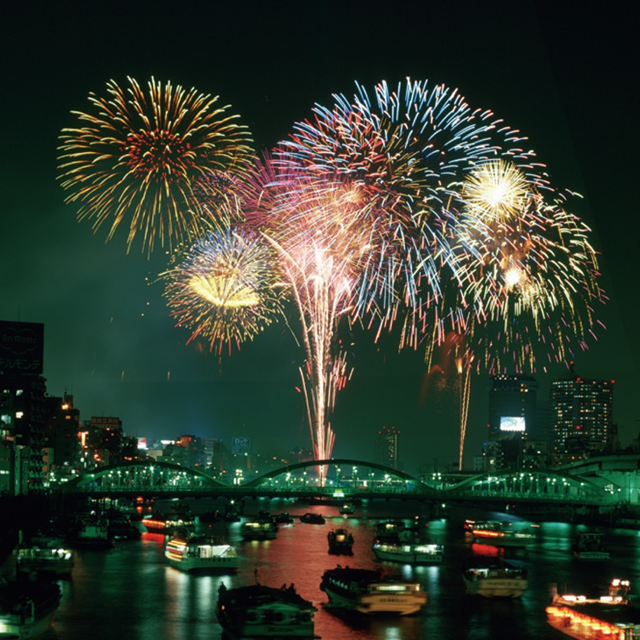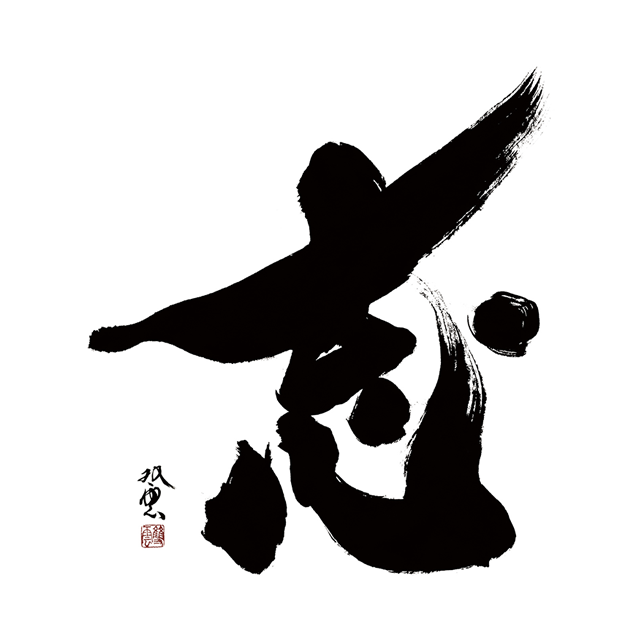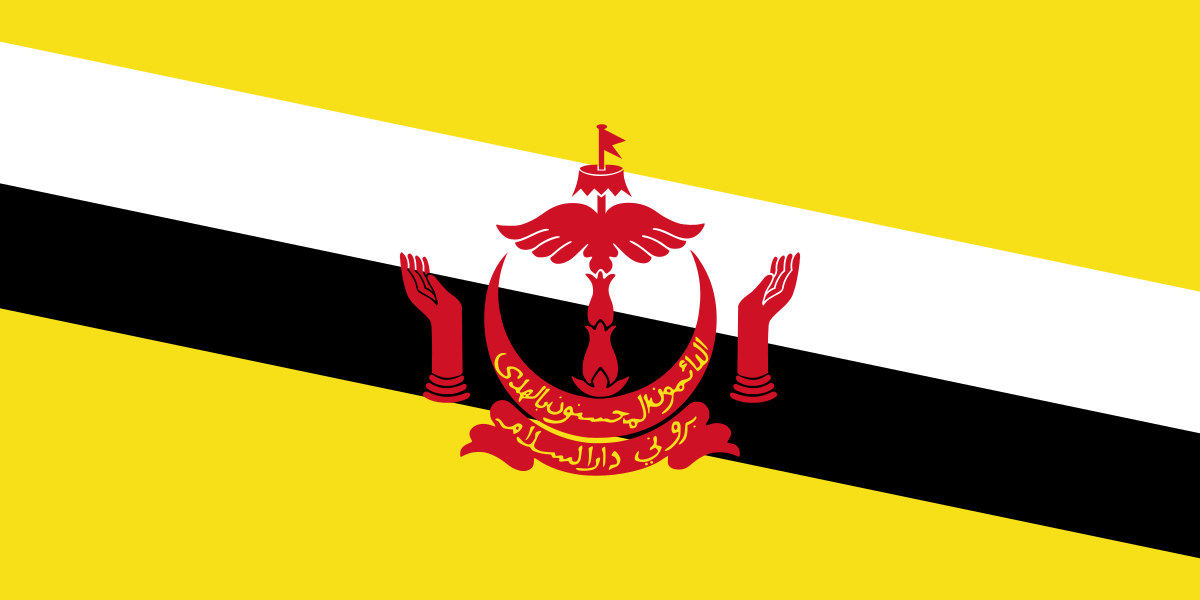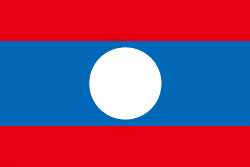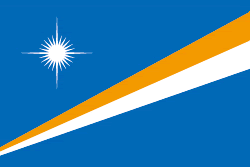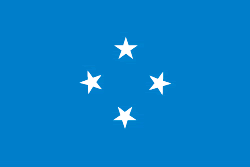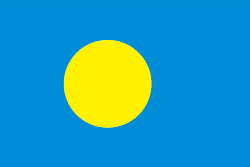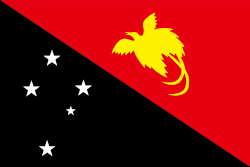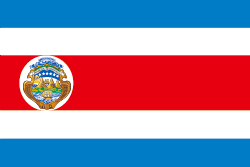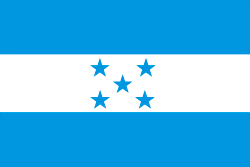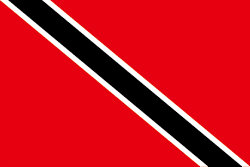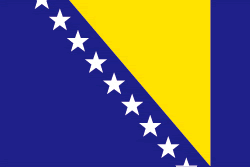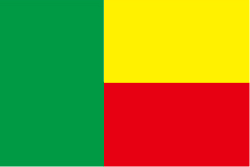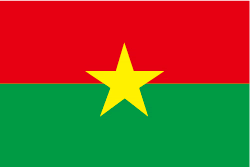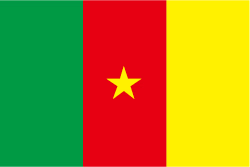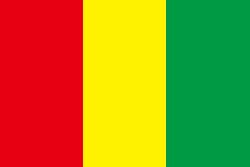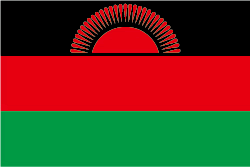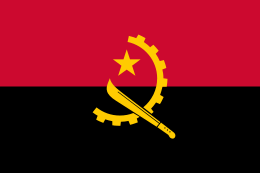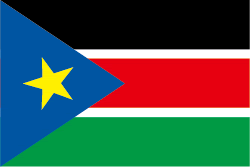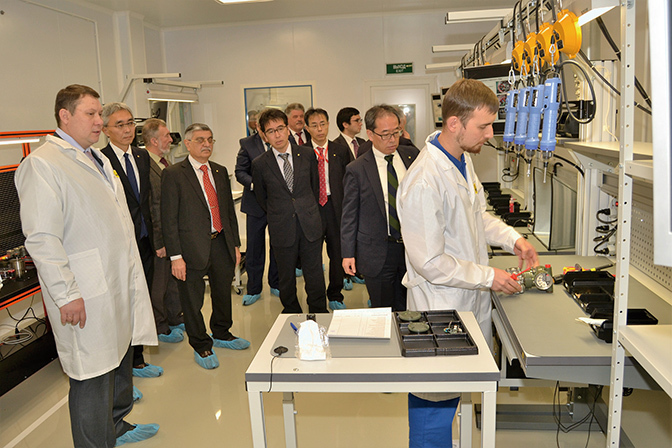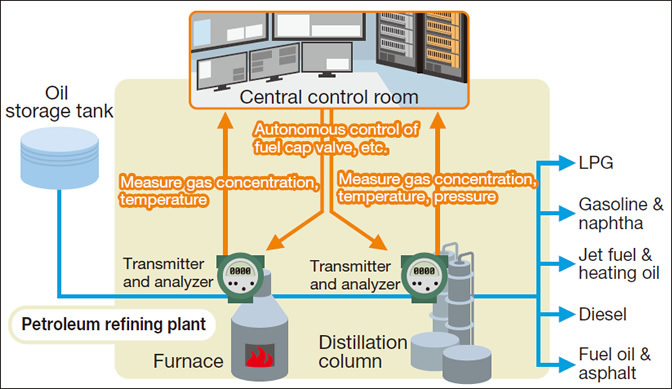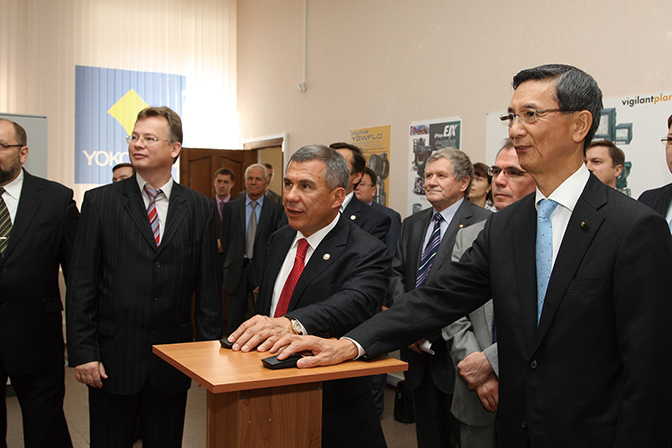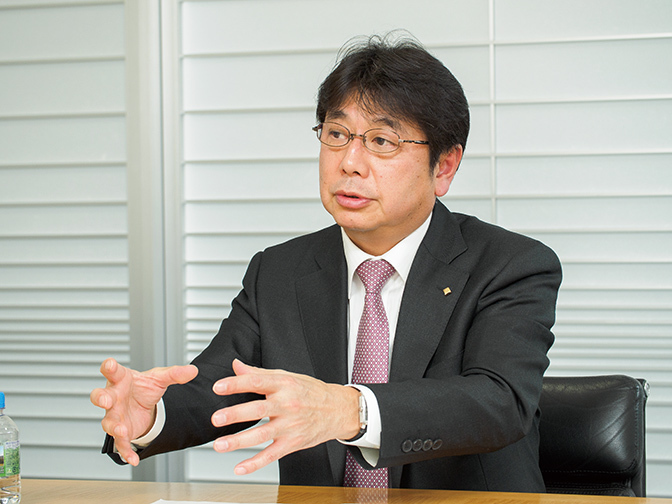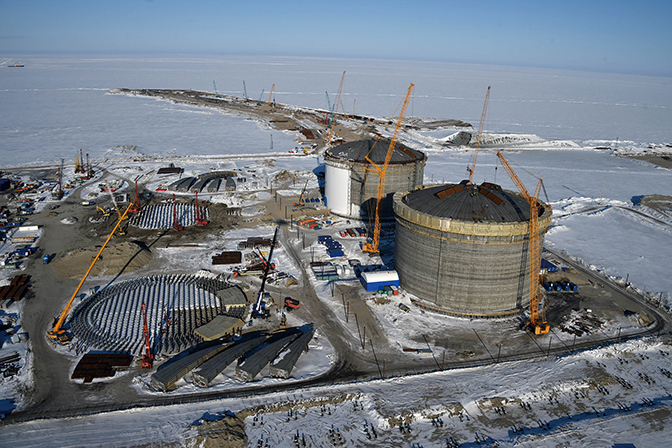Yokogawa Electric Corporation, manufacturer of industrial measurement instruments and process control equipment, started exporting products for use in the Soviet Union in the 1960s. Although Japan’s business with that country was limited at that time, Yokogawa’s reputation as a maker of production control devices for oil, petrochemical, and other plants became established there as well. From the early 1980s, Yokogawa stepped up its activities in the Soviet Union, and since then the company has supplied control devices and systems for many plants, mainly in the field of energy.
Yokogawaq is pursuing local manufacturing of its products at sites around the world, and in October 2016 a production line for pressure and differential pressure transmitters was launched at its Zernograd branch in Russia.
During the Soviet era, Yokogawa did not have any opportunities for direct contact with the plants that would actually be using the systems that it supplied; in this and some other respects the business procedures were difficult. However, after the establishment of the Russian Federation, the mode of doing business changed. In 2008, Yokogawa was nominated by Taneco, an oil refining company in the Russia’s Republic of Tatarstan, to be the main automation contractor (MAC) for a project to construct a petrochemical complex in Tatarstan. A MAC has the vital role of designing all the equipment related to control in the facility and being responsible for supplying all products, including those made by other companies. A MAC needs to have the engineering ability to construct systems tailored to customers’ requests, and as Shuji Mori, president of Yokogawa Electric International, which is responsible for Yokogawa’s overseas control device and system business, notes, “The trust that we had already built with local companies and people played an important part in our being entrusted with the role of MAC.”
Yokogawa has been actively localizing the workforce at its subsidiary in Russia, Yokogawa Electric CIS. Out of the 412 employees, only 7 are personnel dispatched from Japan; the rest are local hires.
In addition, the subsidiary has set up an education and training center in Kazan, capital of Tatarstan, jointly with the Kazan National Research Technological University (KNRTU), which turns out excellent science graduates. By training local personnel, the subsidiary is putting down roots in Russia for its activities there.
One major project in which Yokogawa has been recently involved in Russia is the construction of a liquid natural gas (LNG) production plant on the Yamal Peninsula. This large-scale facility is expected to produce 16.5 million tons annually when completed, and Yokogawa is in charge of control systems and safety instrumented systems. This facility is an important element of Russia’s energy policy, and the aim is to launch operations in stages starting in 2017.
Talking about doing business in Russia, President Mori notes, “Business manners have become much easier to understand than before, and it’s easier to conduct transactions. Meanwhile, the longstanding tendency to honor feelings of duty and humane sentiments in interpersonal relations still remains, and one often encounters manifestations of the warm ties between people.” And regarding prospects for the future, he declares, “Customers in Russia have shifted from an initial phase of seeking to modernize Soviet-era production facilities to a new phase in which they wish to enhance quality by, for example, improving production efficiency. We hope to continue being involved in Japan-Russia economic development in compliance with relevant laws and rules.”
Tatarstan President Rustam Minnikhanov (center) attended the opening ceremony of the education and training center established at the Kazan National Research Technological University in September 2011. 2. President
President Shuji Mori of Yokogawa Electric International was sent on a long-term business trip to the Soviet Union as an engineer in 1989, his fourth year at Yokogawa, after which he repeatedly visited the country on business. He was also in charge of the acquisition of ISO 9001 certification for Yokogawa’s local subsidiary in Russia in 2006.


